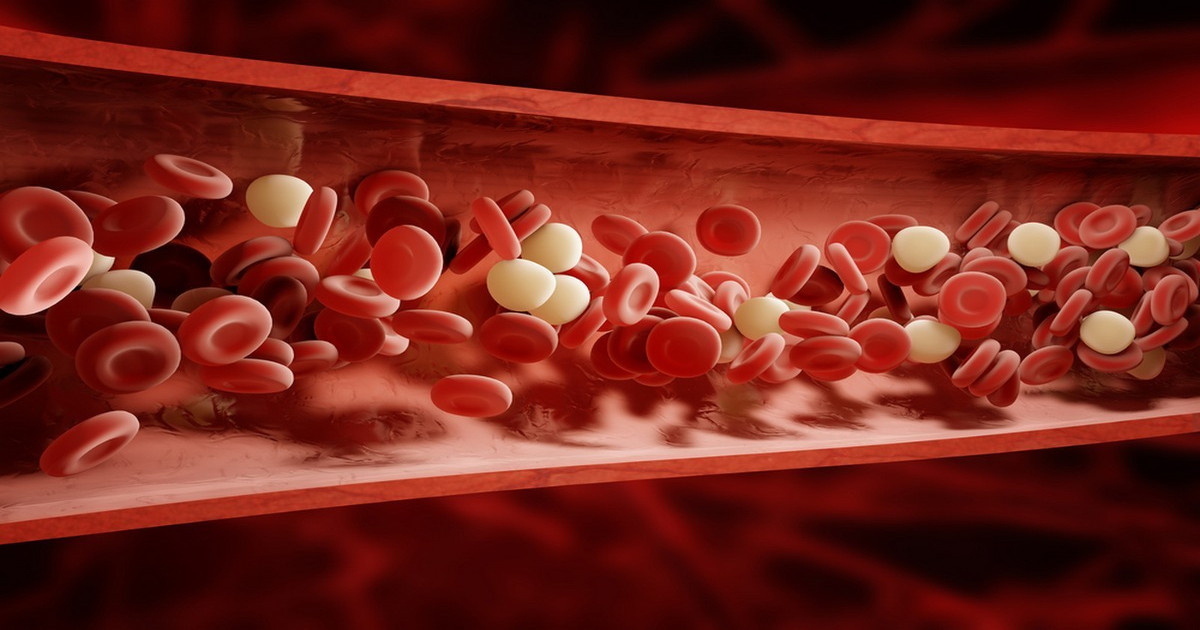What Is Anemia?
Anemia is a common condition that affects nearly one-quarter of the global population. It is also often correlated to a deficiency in vitamins and minerals, such as iron and vitamin B12. When the body lacks these elements in the blood, it causes issues with oxygen-rich blood flowing through the veins and this blood transporting nutrients where they need to go. Additionally, many individuals who have been diagnosed with anemia are uncomfortable with the term itself. When one is diagnosed with any medical condition there is uncertainty with regards to the unknown.
Following is an explanation of what anemia is and how it is treated.
What Is Anemia?

Anemia is defined as virtually any condition in which the body does not produce enough healthy red blood cells; which are critical to the body's successful functioning. Red blood cells are vitally important to an individual's health as they carry hemoglobin, which is a complex protein that contains iron molecules.
The main function of iron molecules is to carry enough oxygen from the lungs and disperse it to the rest of the body. If the body is not creating the red blood cells it requires on its own, it may react by experiencing a number of unfortunate and harmful symptoms.
Why does a condition like anemia occur in the first place? Find out the facts linked to the causes of anemia next.